La Blessure, la tragédie des harkis (2010)
Gênero : Documentário, Terror
Runtime : 0M
Director : Daniel Costelle, Isabelle Clarke
Sinopse
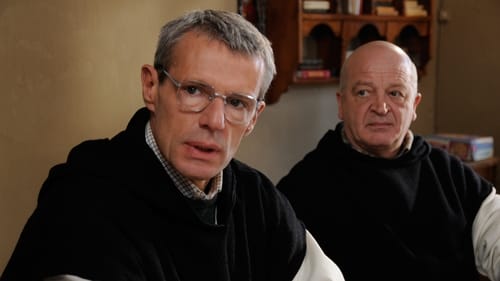
Em um mosteiro encravado nas montanhas do Norte de África, na década de 1990, oito monges franceses vivem em harmonia com seus irmãos muçulmanos. Quando uma equipe de trabalhadores estrangeiros é massacrada por um grupo islâmico, o terror instaura-se na região. - Ganhou o Grande Prêmio do Festival do Cannes em 2010. - Ganhou o Prêmio do Júri Ecumênico no Festival de Cannes 2010.
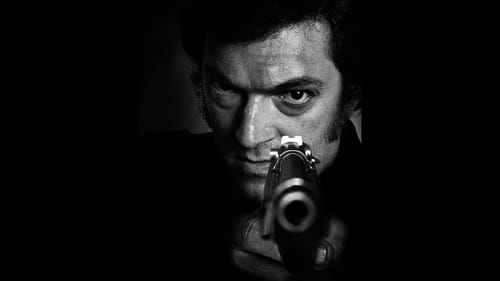
Jacques Mesrine foi um lendário gângster francês que entre 1960 e 1970 tornou-se o inimigo público da França. Também conhecido como "O Homem de Mil Caras", era famoso por sua coragem e suas muitas fugas da prisão.
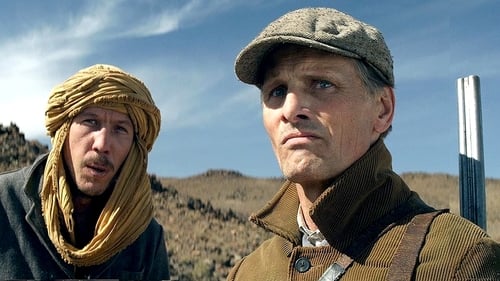
Durante a Guerra da Argélia, em 1954, o professor Daru (Viggo Mortensen) fora recrutado para lutar pelo exército francês. Ele nasceu na Argélia, mas é de família espanhola. Sua identidade e nacionalidade são questionadas por argelinos e também por franceses. Daru não concorda com a guerra e se sente totalmente deslocado. A polícia questiona sua lealdade , acreditando que ele pode ser um traidor disfarçado.
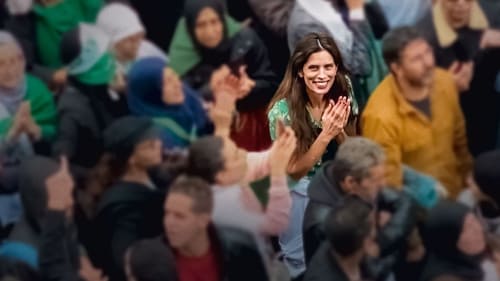
Neige, divorciada e mãe de três crianças, visita regularmente Emir, seu avô argelino, que vive agora em um asilo para idosos. Ela adora e admira seu papel de alicerce da família, e como o homem que a criou e sobretudo a protegeu da atmosfera tóxica que marcava seu relacionamento com os pais. As relações entre os muitos parentes se complicam quando Emir morre, desencadeando uma tempestade familiar e uma profunda crise de identidade em Neige.
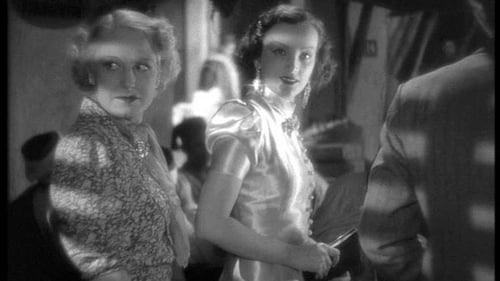
Pépé é um gangster de Paris que se esconde na Argélia. Após dois anos se escondendo, começa a sentir falta de sua liberdade, mesmo com poderes. Ao conhecer Gaby, sua vontade de voltar só aumenta, mas se voltar pode ser pego pelo detetive Slimane.
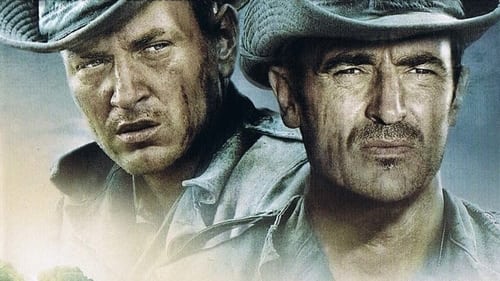
No ano de 1954, foi criada a força civil Frente de Libertação Nacional para libertar a Argélia, então colônia francesa há 130 anos. Em resposta às resoluções da FNL, para negociar a independência, a França enviou 500 mil jovens recrutas para lutarem. Em 1959 dentro do proprio ambiente militar, a tendência à loucura e ao mal se expresava neste período obscuro. Ali, franceses tornaram-se torturadores, não importando se eram crianças, adultos ou idosos, deixando de lado seus valores humanos e, muitas vezes, esquecedo de quem eram. Um dos soldados, chamado pelos companheiros de tenente substituto, começa a se questionar até que ponto esta guerra é realmente justa.
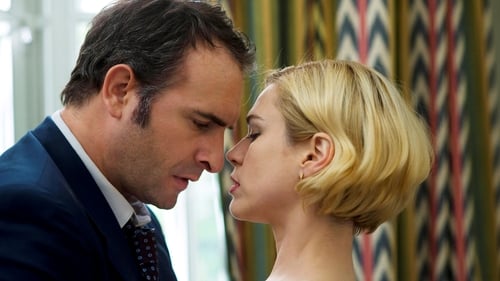
Happily married with a daughter, Marc is a successful real estate agent in Aix-en-Provence. One day, he has an appointment with a woman to view a traditional country house. A few hours later, Marc finally puts a name to her face. It's Cathy, the girl he was in love with growing up in Oran, Algeria, in the last days of the French colonial regime. Marc hurries to her hotel. They spend the night together. Then she's gone again. And Marc's mother tells him Cathy never left Algeria. She was killed with her father in a bombing just before independence...
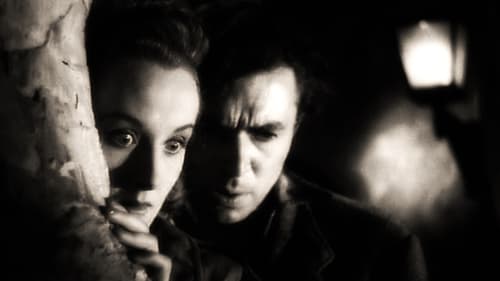
Candlelight in Algeria is a 1944 British war film directed by George King and starring James Mason, Carla Lehmann and Raymond Lovell. This drama follows the exploits of Eisenhower's top aide, Mark Clark, and other important Allies as they journey to an important meeting held on Algeria's coast. The precise location of this vital secret gathering is upon a piece of film which must not fall into enemy hands
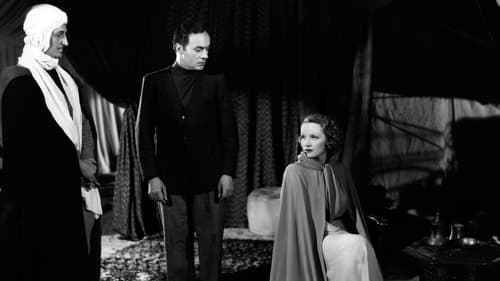
The star-crossed desert romance of a cloistered woman and a renegade monk.
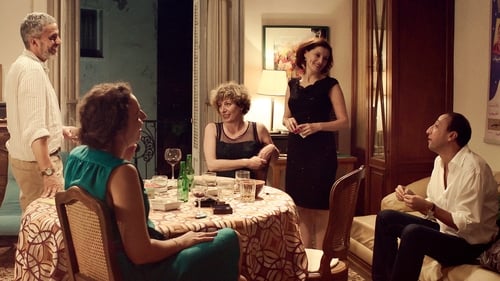
Algiers, a few years after the civil war. Amal and Samir have decided to celebrate their twentieth wedding anniversary in a restaurant. While on their way, their share their views on Algeria: Amal talks about lost illusions and Samir about the necessity to cope with them. At the same time, their son Fahim and his friends Feriel and Reda are wandering about in a hostile Algiers about to steal their youth.

Two deaf and dumb children. She is the daughter of an American Oil engineer. He is the son of an Algerian farmer. They meet and manage to communicate, transcending all the cultural barriers that separate them.

On an Algerian beach, kids splash about, sleep, squabble - and then suddenly go to war. And it’s neither Lord of the Flies nor La Guerre des boutons. In her first film, full of grace, Narimane Mari films this childish freefor- all closely, at the irregular pace of an imagination inspired by the highest form of reality, national History — actually, nothing less than the Algerian War of Independence. When their make-believe induces a general upheaval, we follow the flock of children as they stamp their feet up the stairs, invade houses, cross village squares, in a whirlwind of shouts and empty words. Time is stretched like in a dream, through a choreography of belligerent shadows or the night-time explosion of the cemetery, as so many warning signs of dangers to come.
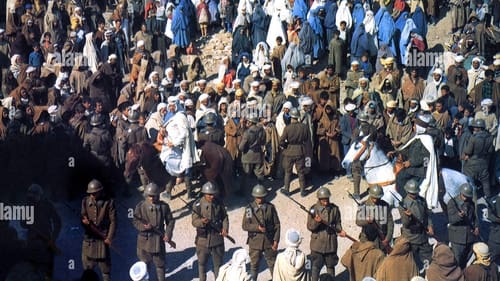
Vencedor do prestigiado Palma de Ouro no Festival de Cannes em 1975, “Chronique Des Années De Braise” retrata a luta da Argélia pela independência do domínio colonial francês. A história segue a migração de um camponês de sua aldeia devastada pela seca à sua eventual participação com o movimento de resistência argelina, pouco antes da eclosão da Guerra de Independência da Argélia.
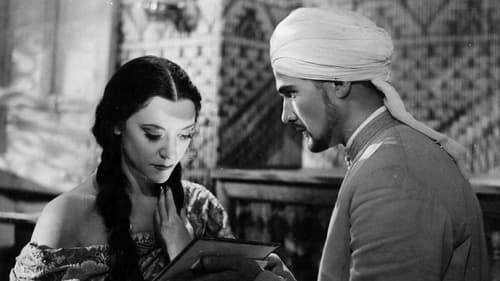
An old man about to die gives all his fortune to a young beggar he meets in an Arabian town. He takes him to his house (now the poor man's property) and he strongly advises him not to open one of the doors, the seventh door. "I could throw the key into the sea" says the young lad" No use, you'd dive to get it back". The young man is curious and he cannot resist temptation: he opens the forbidden door. A strange world is waiting for him where a girl, Leila, will be his guide .

Mounir Mekbek lives with his family in a small village in the heart of the Algerian countryside. Very proud and sure of himself, he has only one dream- to finally be appreciated by his fellow villagers. Screwing up his carefully maintained image is his headstrong, narcoleptic sister Rym who falls asleep anywhere and whom the village is convinced will end up a spinster. One evening, Mounir returns from town drunk and announces that he's found a suitor for his sister. The fake story snowballs and snowballs until the suitor morphs into a rich, blonde Australian. The village begins preparing for the wedding in earnest - but without a bridegroom in sight.

In Algiers in 1993, while the civil war is starting, Mrs Osmane's tenants have to endure her bad temper. Her husband left her and the fear to lose her respectability haunt her. The former member of the Resistance during the Independence War persists in controlling the slightest moves of the households rather than struggle against her own frustrations. Learning her daughter is in love, the possibility of finding herself alone will push her to the limit: The symbolical Mrs Osmane "harem" is about to collapse.

A watershed film, Omar Gatlato held a mirror up to Algerian male culture and the mirror cracked. The title refers to the expression "gatlato al-rujula," or, roughly, "machismo killed him" and the film's mordant insights into male posturing and alienation in Algerian society animate this bit of folk wisdom. In mock documentary style, a young man recounts with wry commentary a typical day in his life in the Bab el-Oued quarter of Algiers, while the camera playfully shows a different story. In following Omar and his friends in their pursuit of happiness, the film examines with shrewd humor the gang values of urban youth; their passion for popular culture (soccer, "Hindoo" movies, Rai concerts), their hidden fear of women, and their social insecurity in an environment where they are marginalized.


Parisian authorities clash with the Front de Libération Nationale (FLN) in director Alain Tasma’s recounting of one of the darkest moments of the Algerian War of Independence. As the war wound to a close and violence persisted in the streets of Paris, the FLN and its supporters adopted the tactic of murdering French policemen in hopes of forcing a withdrawal. When French law enforcement retaliated by brutalizing Algerians and imposing a strict curfew, the FLN organizes a peaceful demonstration that drew over 11,000 supporters, resulting in an order from the Paris police chief to take brutal countermeasures. Told through the eyes of both French policemen as well as Algerian protestors, Tasma’s film attempts to get to the root of the tragedy by presenting both sides of the story.
















